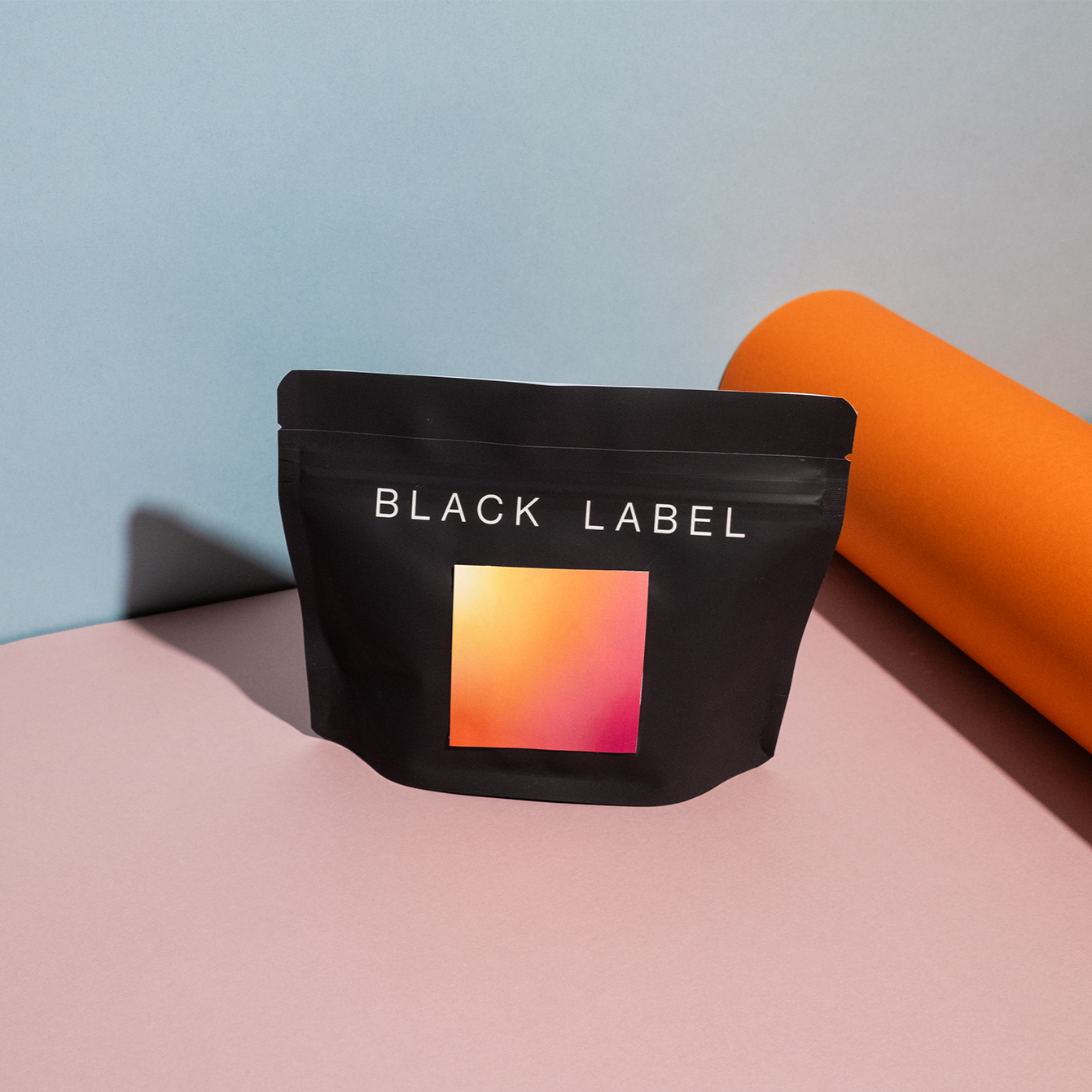The Future - Tiki
Description
The Future has been a beloved staple on our year-round menu for quite awhile now. With it, we have been able to showcase excellence in processing techniques, particularly in regard to anaerobic fermentation. In the past, we have predominately featured coffees from Colombia in this blend, though lots from Ethiopia, Costa Rica, and Peru have played a part in its conception as well. This year, however, we are shifting our focus away from the individual components of the blend and instead elevating flavor as the guiding principle for each creation.
MEET THE PRODUCERS | Today's release is a blend of six coffees, sourced from four producers across two countries. Jairo Arcila headlines the blend, with three of those six coffees coming from his experimental fermentation headquarters in Colombia. Ivan Solis, the multigenerational coffee producer from Costa Rica, and Mauricio Duque, a Gesha guru from Caldas, contributed the two coffees which make up the lion's share of the blend (at 24% each). Finally, Wilder Lasso, our favorite veterinarian-turned-coffee-producer from the hills of Huila, produced the stunning Lemon Gesha lot that rounds out the blend.
TRUST THE PROCESS | Tiki cocktails come in a wide array of colors, recipes, and glassware, but they are commonly known for at least three basic ingredients: rum(s), fresh fruit juice, and homemade or specialty syrups, such as orgeat or falernum. To recreate these flavors in coffee form, we chose primarily lots which have been co-fermented with some of the very ingredients found in those original cocktails. Ivan Solis's Washed Anaerobic Cinnamon and Jairo Arcila's Honey Cinnamon coffees contribute the unique spice flavor we needed to represent falernum. Coffees which were co-fermented with passionfruit and lemons (from Jairo Arcila and Wilder Lasso, respectively) bring those big fruit flavors and contribute spectacular acidity to the blend. And, Jairo Arcila's rum-aged Castillo lot showcases the quintessential rum characteristics for which we were searching. The sixth and final blend component is Mauricio Duque's lovely Natural Gesha lot, which is not a co-fermented coffee at all, but it has so many of the tropical flavor notes needed to bring this coffee to certified Mai Tai status, we couldn't not use it here.
TAKE A SIP | Tiki cocktails as a whole are known for being both fruity and boozy, both acidic and spicy. They are uniquely complex and crushable, and we certainly think our coffee is also both of those things! When playing around with the blend components and flavor profile, we had in mind some of the original tiki cocktails: the Zombie, the Hurricane, and the Mai Tai, for example. Fresh fruit juice and big acidity shine in this coffee as notes of pineapple, lychee, and passion fruit; baking spices reminiscent of that unique falernum syrup are readily present in the cup; and the coffee as a whole is boozy in character. It all culminates in a cup that is very "tiki core," but in caffeinated form - and, as a bonus, it won't leave you feeling like a zombie the next day.
___________________________________________________________________________
Origin | Costa Rica & Colombia
Producers | Ivan Solis, Mauricio Duque, Jairo Arcila, & Wilder Lasso
Process | Mixed
Variety | Various


